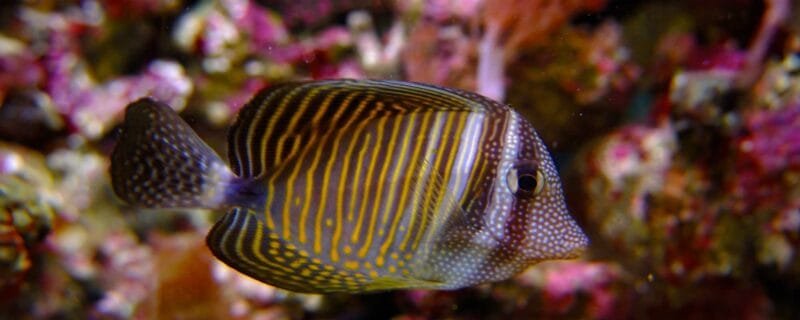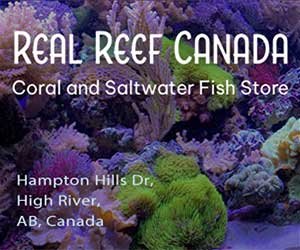Introduction
Maintaining a thriving aquarium, whether freshwater or marine, is a rewarding yet demanding endeavor. To create a sustainable and healthy aquatic environment for your fish and coral, it’s crucial to monitor and maintain water parameters. Test kits for aquariums are invaluable tools that allow aquarists to keep a close eye on water quality, ensuring the well-being of the aquatic inhabitants. In this blog post, we’ll explore the importance of test kits, what parameters to monitor for marine and freshwater aquariums, how often to conduct tests, and what steps to take if the parameters are not within the ideal range.
Why Are Test Kits Important?
Test kits are the aquarist’s best friends, serving as diagnostic tools for the health of your aquarium’s water. They help you detect and address issues before they become severe, ensuring the longevity of your fish, plants, and corals. Monitoring water parameters also promotes a stable and balanced ecosystem, reducing the risk of fish stress, disease outbreaks, and unsightly algae blooms.
What to Test for in Marine Aquariums
- pH Levels: Maintain a stable pH level between 8.1-8.4 for most marine aquariums. Fluctuations in pH can stress and harm marine life.
- Salinity (Specific Gravity): The salinity level should typically be around 1.025. Ensure your marine aquarium has the correct saltwater concentration.
- Ammonia (NH3/NH4+): Ammonia is highly toxic to fish and coral. Detect and address any ammonia spikes promptly.
- Nitrite (NO2-): Nitrite is another toxic compound. Keep it at undetectable levels.
- Nitrate (NO3-): Nitrate levels should be kept below 10-20 ppm. High nitrate levels can lead to algae problems.
- Calcium (Ca): For coral health and growth, maintain calcium levels around 400-450 ppm.
- Alkalinity (KH): Alkalinity buffers pH stability. Aim for an alkalinity level between 7-12 dKH.
What to Test for in Freshwater Aquariums
- pH Levels: Keep the pH level stable and suitable for your specific freshwater species. Most freshwater fish prefer a pH between 6.5-7.5.
- Ammonia (NH3/NH4+): Ammonia is harmful to fish. Aim for undetectable levels.
- Nitrite (NO2-): Nitrite should also be kept at undetectable levels.
- Nitrate (NO3-): Nitrate levels should ideally be kept below 20-40 ppm.
- Hardness (GH and KH): Test water hardness, as some fish species have specific requirements for water hardness levels.
How Often Should You Test?
The frequency of testing varies depending on your aquarium’s maturity, inhabitants, and past water quality issues. However, here are some general guidelines:
- For newly set up aquariums: Test water parameters weekly during the first month to establish stability.
- Established aquariums: Regularly test pH, ammonia, nitrite, and nitrate levels every 1-2 weeks.
- Specialized aquariums: Reef aquariums or planted tanks may require more frequent testing, potentially on a weekly basis.
What to Do If Parameters Are Not Correct?
- Immediate Action: If any parameter falls out of the ideal range, take immediate corrective measures. This could involve water changes, adjusting chemical additives, or altering feeding habits.
- Gradual Changes: Make gradual adjustments to parameters to avoid stressing your aquatic life. Rapid changes can be harmful.
- Identify the Cause: Investigate the source of parameter fluctuations. It could be overfeeding, inadequate filtration, or issues with the aquarium’s equipment.
- Seek Expert Advice: If you’re unsure how to rectify the problem, consult with experienced aquarists or professionals for guidance.
Conclusion
Test kits are indispensable tools for any aquarist, serving as the first line of defense in maintaining a healthy aquarium. By monitoring and adjusting water parameters as needed, you’ll create a thriving aquatic ecosystem for your fish, plants, and corals. Remember that consistency and diligence in testing are key to long-term success in aquarium keeping. So, whether you’re tending to a marine reef or a freshwater haven, never underestimate the importance of regular water parameter testing.







